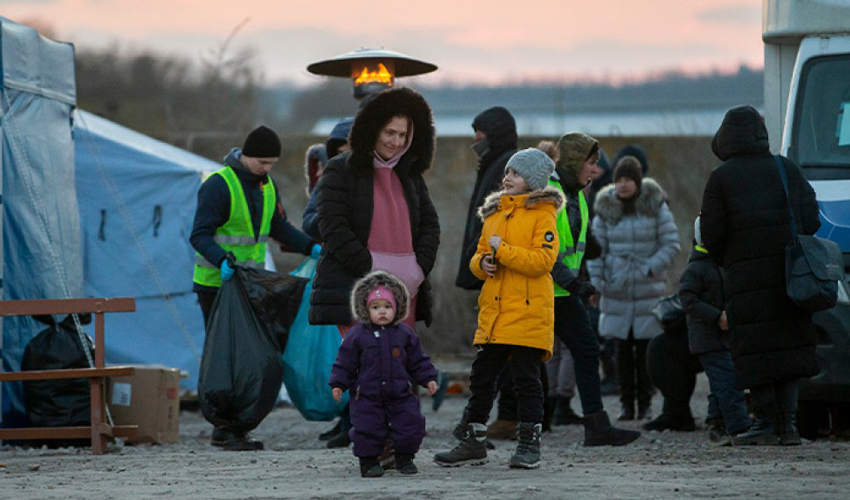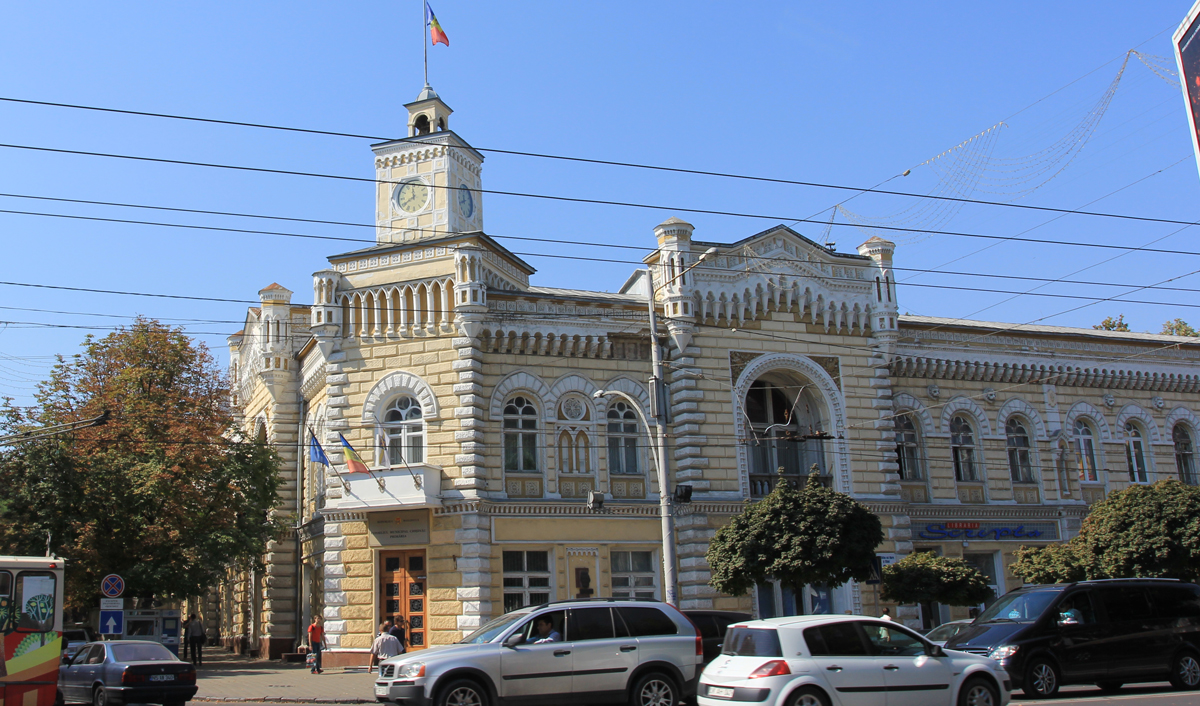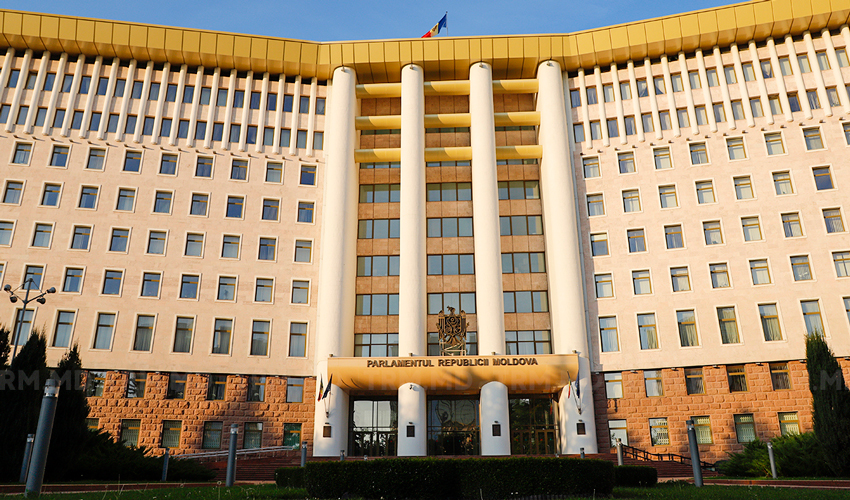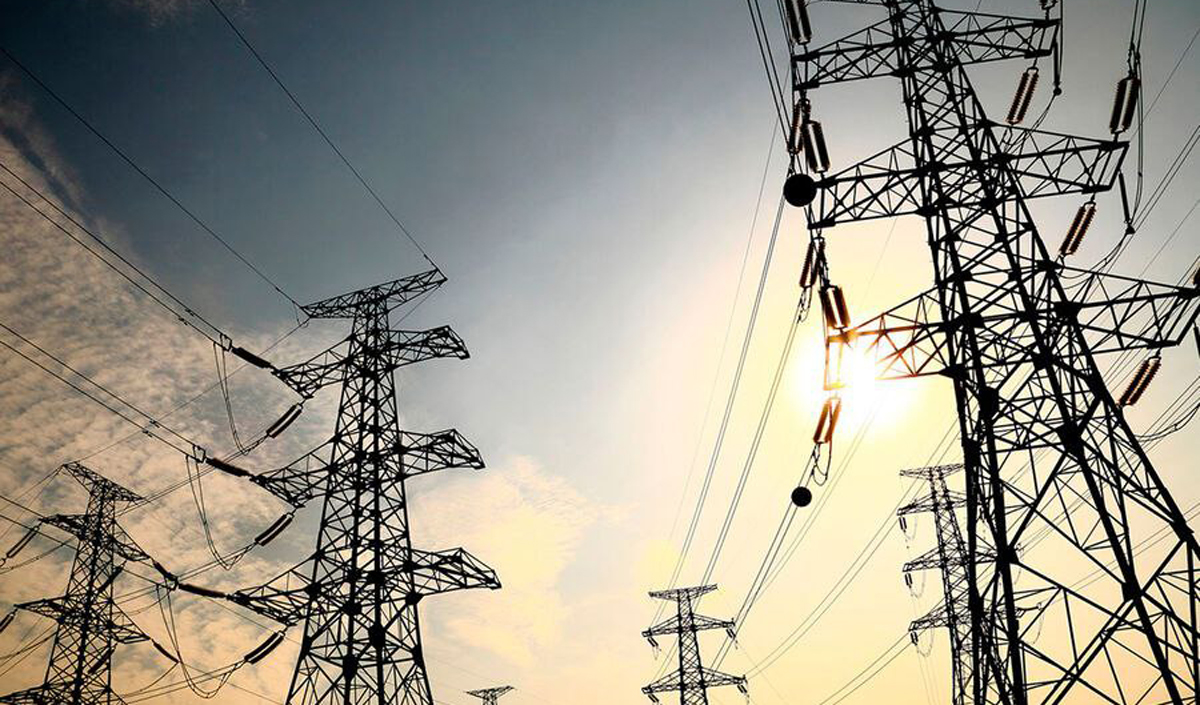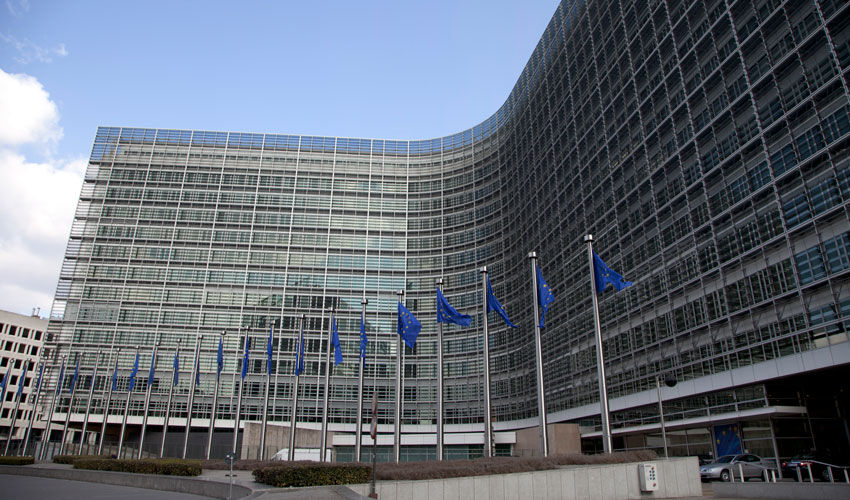
As notes in a Euronews article, “this cloak of secrecy is one of the most successful examples of von der Leyen’s consolidation of power and a testament to the control that her powerful chief of staff, Bjorn Seibert, wields.”
According to the newspaper, the European Commission resorted to the maximum avoidance of any leaks in the preparation of the next long-term budget for a reason. The most important “battle for money” is coming up, and it is expected to be fierce and uncompromising.
Commission President Ursula von der Leyen has promised a comprehensive review of the EU budget to make it simpler, more efficient and better aligned with strategic priorities.
But the problem is that these strategic priorities of the EU have recently undergone significant changes, with which not everyone agrees. In particular, the European Commission has noticeably “increased its appetite” in the area of defense, although the increase of budgets in this area is prohibited by the EU treaties. Therefore, this issue will require complex negotiations with the leaders of European countries and members of the European Parliament, not all of whom support this “strategic priority” of the European Commission.
Moreover, the financing of many traditional programs, which the Commission no longer considers such a priority, may be severely reduced, which will also meet fierce resistance.
In this context, Euronews notes that the current budget for 2021-2027 is €1.2 trillion, equivalent to about 1% of EU GDP (excluding funds for pandemic recovery). Few expect this figure to change dramatically. Hence the question of better prioritizing and spending the available funds wisely. The current 7-year budget has already reduced the number of funding programs from 58 to 37 in the name of rationalization.
The 2028-2034 budget is expected to be structured in three main areas: national packages covering agriculture and cohesion funds; competitiveness, innovation and strategic investments; and consolidation of all external instruments.
Among the most hotly debated issues, according to the publication, will be the financing of Ukraine, tackling defense spending despite legislative restrictions, and the introduction of new common debt instruments (given that the EU still has to repay pandemic loans).
So the IFP submission this week, Euronews writes, is just the beginning of what promises to be a long, complex and politically fraught negotiation process.










